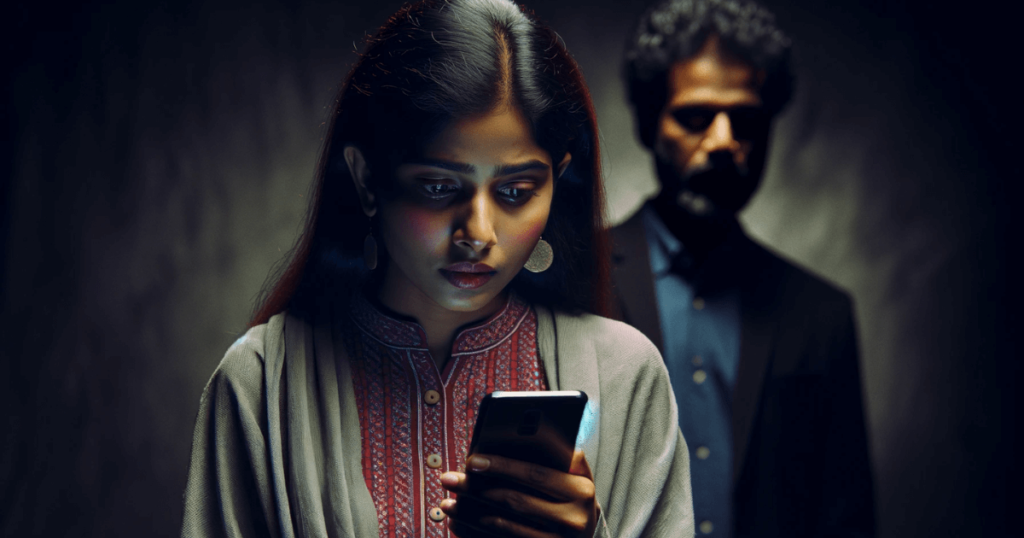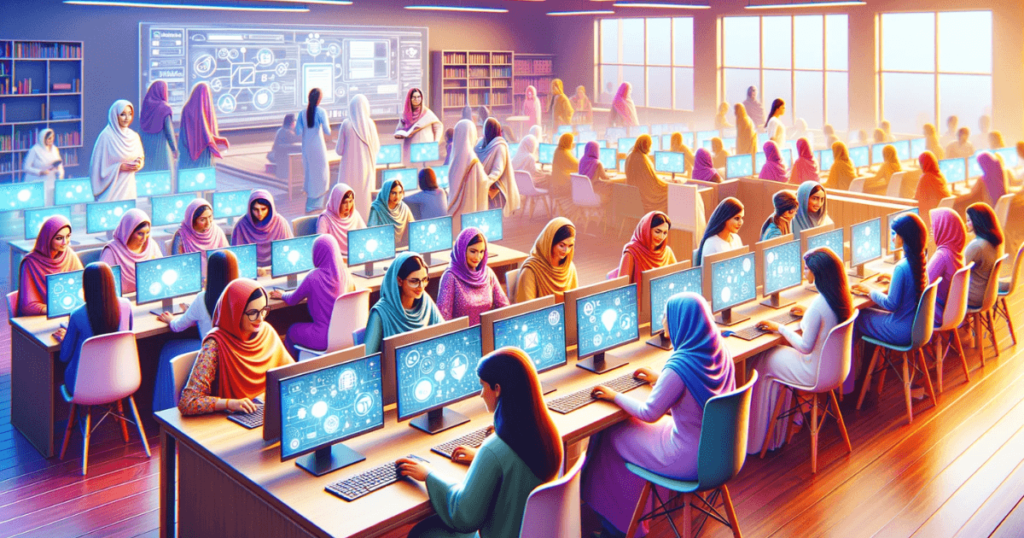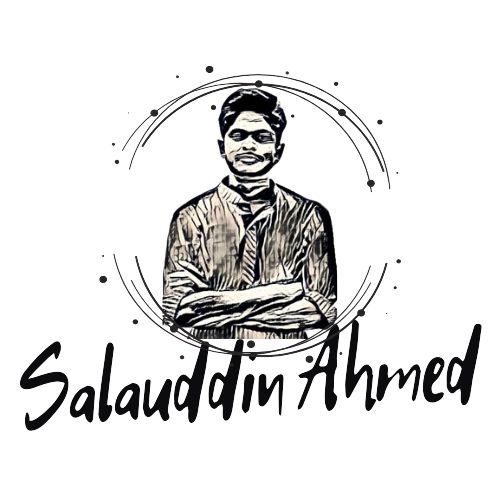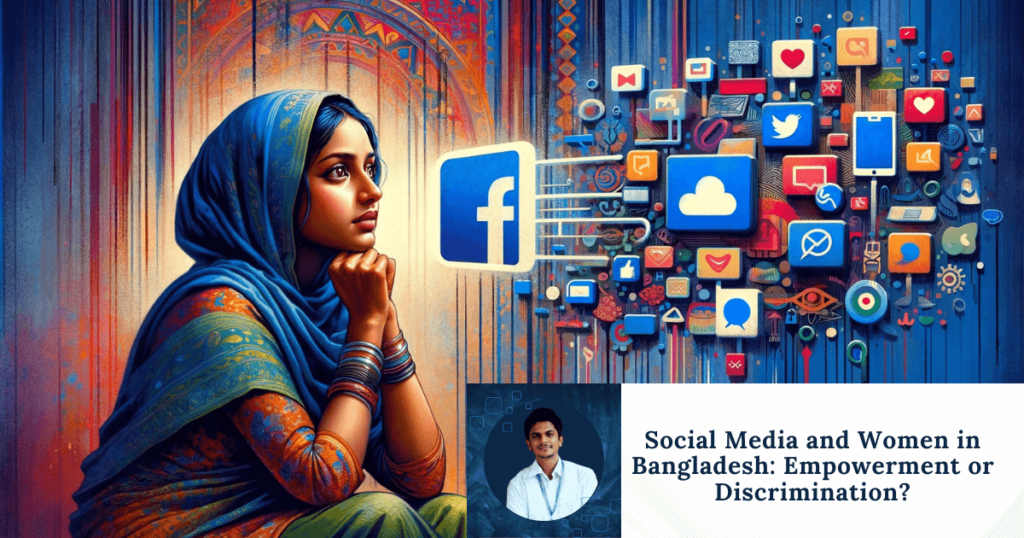In the digital era, social media platforms like Facebook have become integral to our daily lives, offering unprecedented opportunities for connectivity, expression, and information exchange. However, for women in Bangladesh, these platforms also present unique challenges and forms of discrimination.
This article explores the experiences of social media and women, exploring how social media, while a tool for empowerment, also acts as a new means of discrimination.
Background of Social Media and Women
The journey of social media and women begins with an understanding of the social and political landscape of Bangladesh. Despite significant strides in women’s empowerment over the past two decades, gender discrimination remains pervasive across all sectors in this predominantly Muslim country.
The internet and social media have seen rapid adoption, with Facebook being the most popular platform. As of August 2021, Bangladesh had 47.2 million Facebook users, with women constituting about 30.9% of this demographic.
Gender Norms and Media Representation

Traditionally, media in Bangladesh, like in many other countries, has been male-dominated. This dominance has significantly influenced the portrayal of women, often perpetuating gender stereotypes and marginalizing their roles in society.
Only a quarter of global television, radio, and print news stories focus on women, with a mere 19% featuring women as experts. This imbalance in representation extends to social media, shaping public perception and reinforcing gender biases.
The Double-Edged Sword of Social Media
Initially hailed as a democratizing force, social media platforms were expected to facilitate greater participation of women in civic discussions and help combat gender discrimination. However, the reality has been different.
Female users in Bangladesh face various forms of online harassment, including cyberbullying, sexual harassment, and the dissemination of defamatory content. This hostile environment restricts their freedom and participation, mirroring the male-dominated norms of offline society.
Experiences of Bangladeshi Female Facebook Users

The heart of this discussion revolves around the experiences of female Facebook users in Bangladesh. Studies and focus group discussions reveal that these women face numerous challenges in navigating social media.
Family members often disapprove of their online activities, leading many to create fake accounts or avoid adding family members to their friend lists. Sexual harassment is a common experience, with women receiving offensive messages and threats from anonymous and fake accounts.
These experiences are not just isolated incidents but part of a larger pattern of gender discrimination prevalent in the country.
Impact of COVID-19
The COVID-19 pandemic has exacerbated these challenges. With increased internet usage during lockdowns, cases of online harassment against women surged.
This rise in cyberbullying and harassment highlights the need for more robust measures to ensure women’s safety online.
Legal and Social Frameworks
The study also delves into the legal and social frameworks in Bangladesh regarding gender equality and freedom of expression. While the Constitution guarantees these rights, the reality is far from ideal.
Women, especially those with diverse sexual orientations and gender identities, continue to face discrimination and harassment in various spheres, including education, media, workplaces, and social environments.
Conclusion and Way Forward
The findings of this study underscore the urgent need for greater gender equality and a safer, more inclusive social media environment. It’s crucial to challenge and change the patriarchal values and gender norms that continue to hinder women’s experiences online. This change requires concerted efforts from individuals, communities, governments, and social media platforms themselves.
Awareness campaigns, stricter regulations against online harassment, and educational programs can play a significant role in creating a more equitable and secure digital space for women in Bangladesh.
References
Sharma, S. & Ahmed, S. (2022). “Social Media or New Means of Discrimination? Experiences of Bangladeshi Female Facebook Users.” Graduate Communication Association 9th Annual Conference.
Other scholarly articles and reports referenced in the study.
You may also read:
1. Mobile Banking in Rural Bangladesh: How Economy is Changing Lives

